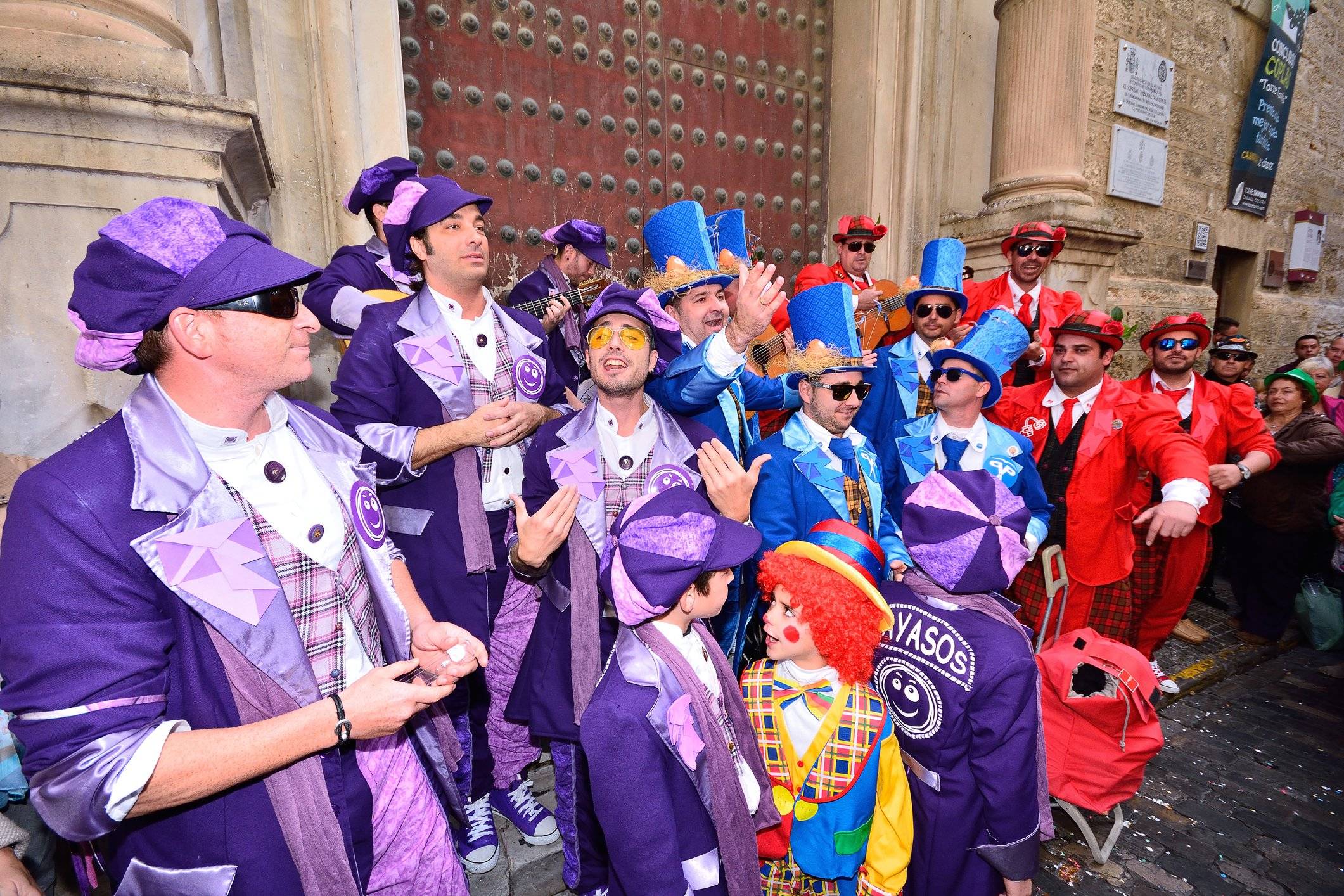
Carnival of Cadiz and Tenerife
Costumes, music, parades and non-stop street fun. It's like Carnival in Brazil... but in Spain.
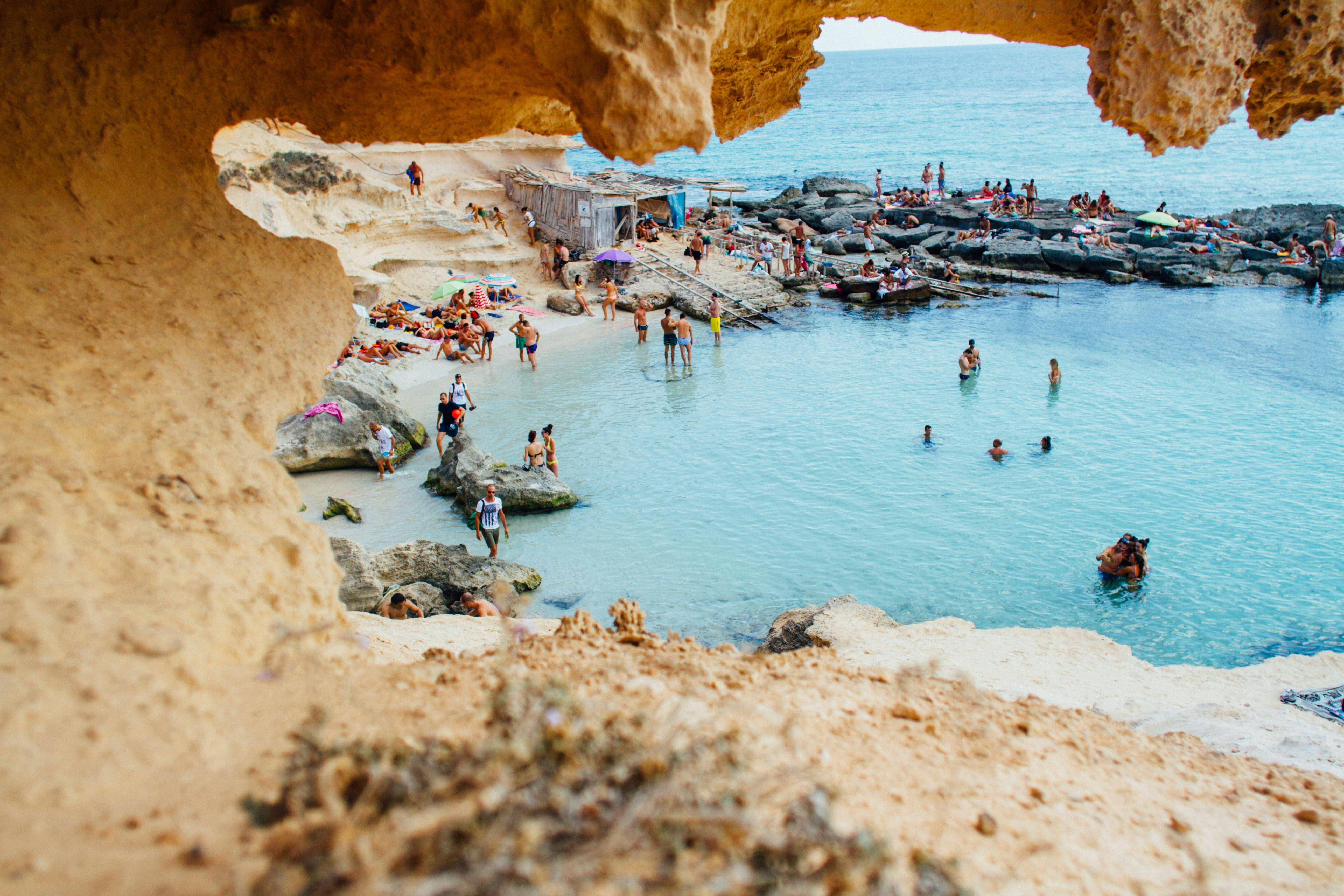
Its mild climate, rich gastronomy, public health system and the warmth of its people make Spain one of the most valued destinations to live in.
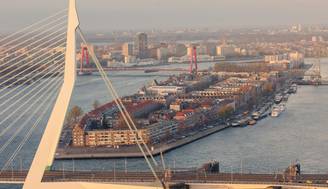
Spain is a strategic point of international connection thanks to its modern and well-equipped airports, including Adolfo Suárez Madrid-Barajas airport, one of the main hubs in Europe.
From Spain, it is possible to fly directly to major cities around the world, with fast and frequent connections to key destinations in Europe, America, Africa and Asia.
The high-speed rail network connects the main Spanish cities, allowing easy and fast connections from Spain to other neighbouring countries. Digital infrastructure and telecommunications also ensure agile and efficient access to global information and communication.
In short, Spain offers excellent international connectivity, which favours both personal mobility and integration in a globalised academic and professional environment.
Spain is a vibrant, safe and culturally diverse country. Its different cities mix tradition with innovation, classical art with the most avant-garde design. The leisure and cultural offer is wide and varied throughout the country: from Madrid and Barcelona, with their famous museums and galleries, to cities such as Seville, Valencia and Bilbao, renowned for their artistic wealth and lively cultural life. You can enjoy gastronomy, festivals, nightlife, concerts and sporting events. This combination makes Spain a very attractive destination for students, with hundreds of thousands enrolled each year in its main university cities.
Spain has a lot of life, do you know what you can do there?
Live and experience this country!
SPAIN'S ICONIC EVENTS:

Costumes, music, parades and non-stop street fun. It's like Carnival in Brazil... but in Spain.
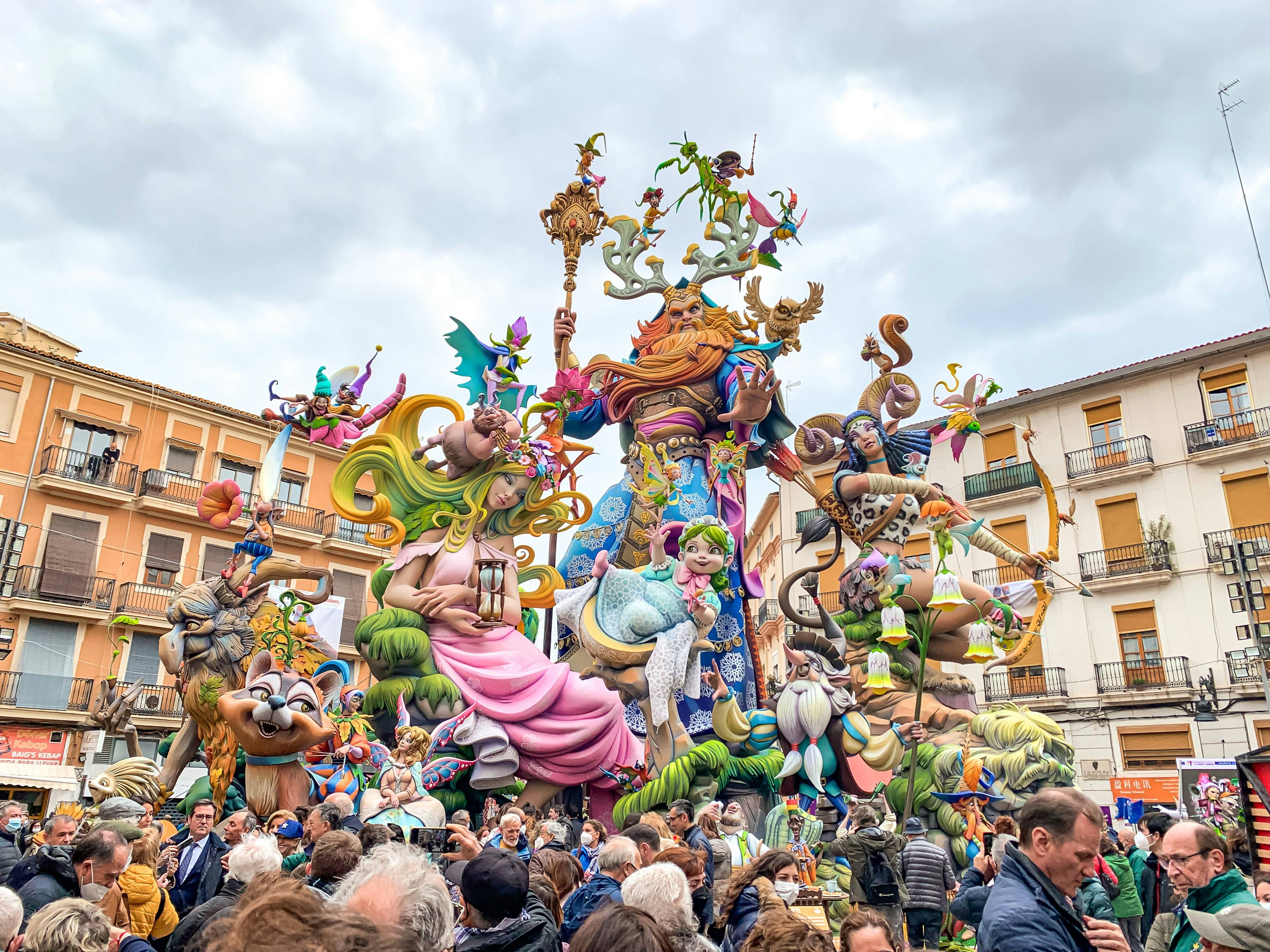
Famous for its huge cardboard sculptures, which are displayed all over the city and burnt on the last night. Music, gunpowder, fireworks and a festive atmosphere in every corner - a unique visual and sound experience!

For a week, Seville is filled with decorated stalls, flamenco music, dances, traditional costumes and Andalusian food. It is a traditional festival where everyone is invited to experience the culture of southern Spain.

On the shortest night of the year, thousands of people gather on the beach to light bonfires, jump over the fire and make wishes. It's a magical and fun way to welcome summer in Spain.
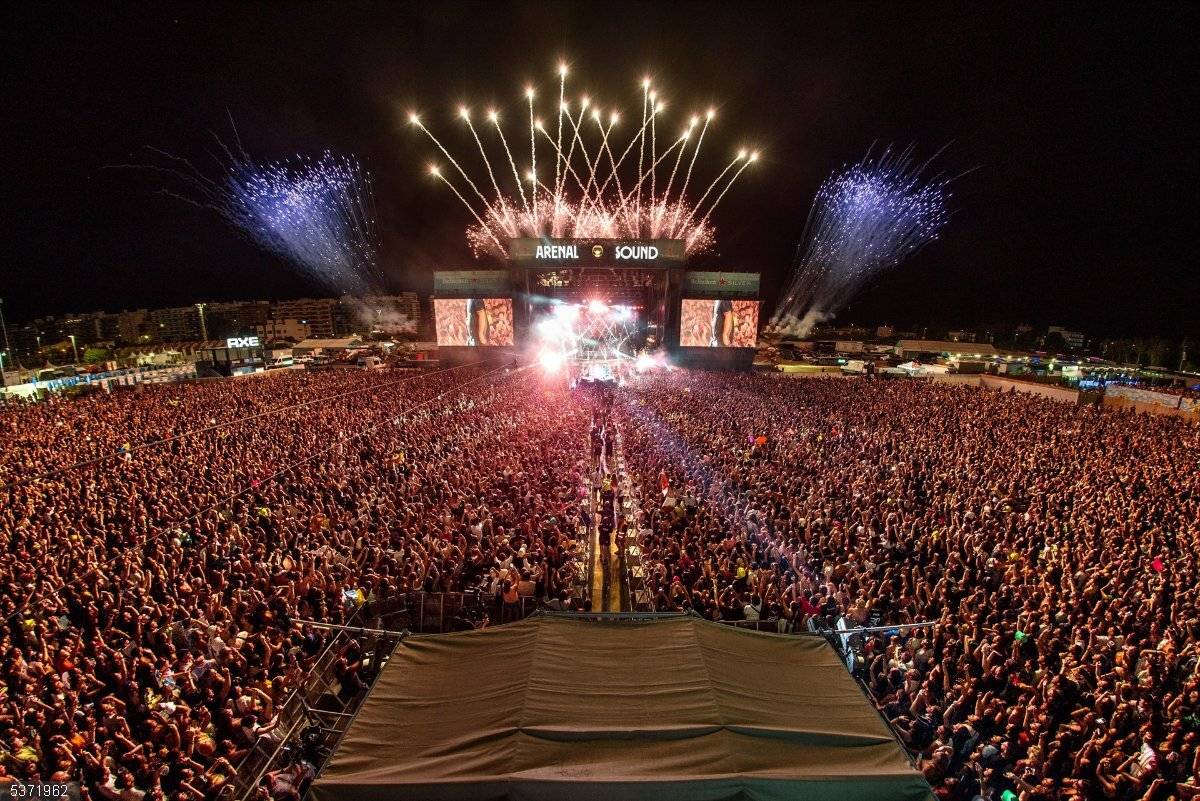
One of the most popular festivals among young people in Spain. It is held by the sea, with reggaeton, pop, electronic music and international DJs. Music, beach and party for several days in a total summer atmosphere.

UDIT is located in the Chamartín district, a quiet and safe residential area of Madrid, very well connected to the city centre by public transport (metro, buses and trains).
It is advisable to start your search 2 or 3 months in advance, especially if you are coming from outside Spain. This increases your chances of finding a good option and securing your place for the whole course.
If you decide to search once you arrive in Spain, try to do so at least 2 or 3 weeks in advance, to give yourself a margin and avoid last minute rush.
Rentals in some cities in the metropolitan area of Madrid (such as Getafe, Alcalá de Henares or Leganés) are usually cheaper, and thanks to public transport, you will be equally well connected to UDIT.
If you don't know how to start your search, we have prepared a short guide to help you find accommodation both in student residences and rooms in shared flats.
The cost of living for a student in Spain can vary depending on the city you live in and your lifestyle, but in general, it is between €700 and €1,200 per month.
University residence: prices vary according to the type of room (single or shared), location and whether meals are included. On average, a residence can cost between €750 and €1,100 per month.
Shared flat: this is a very popular option for students. The price of a room can vary between €250 and €600 per month, depending on the city and the area. In big cities such as Madrid or Barcelona, prices tend to be higher, while in cities such as Granada, Salamanca or Valencia, costs are lower.
Many cities offer transport passes for students at reduced prices.
In Madrid, for example, the youth travel pass (up to 26 years old) costs 20€ per month and allows you to move around the whole community.
If you cook at home, you can spend between 150€ and 250€ a month in supermarkets.
Eating a set menu in restaurants costs between €10 and €15.
Many universities have cafeterias with affordable prices.
Telephone and mobile internet: about €10-20 per month with low cost companies.
Leisure and activities: cinema (7-9€), concerts, events, outings, gym, etc.
Academic material and photocopies: around €20-50 per month, depending on the degree course.
In large cities such as Madrid or Barcelona, the most student-friendly areas tend to be central or well connected by public transport.
In smaller university cities (Salamanca, Granada, Santiago, etc.), it is easier to live near the campus and prices are more affordable.

Between 200€ and 250€ per month

90/year

300€/year
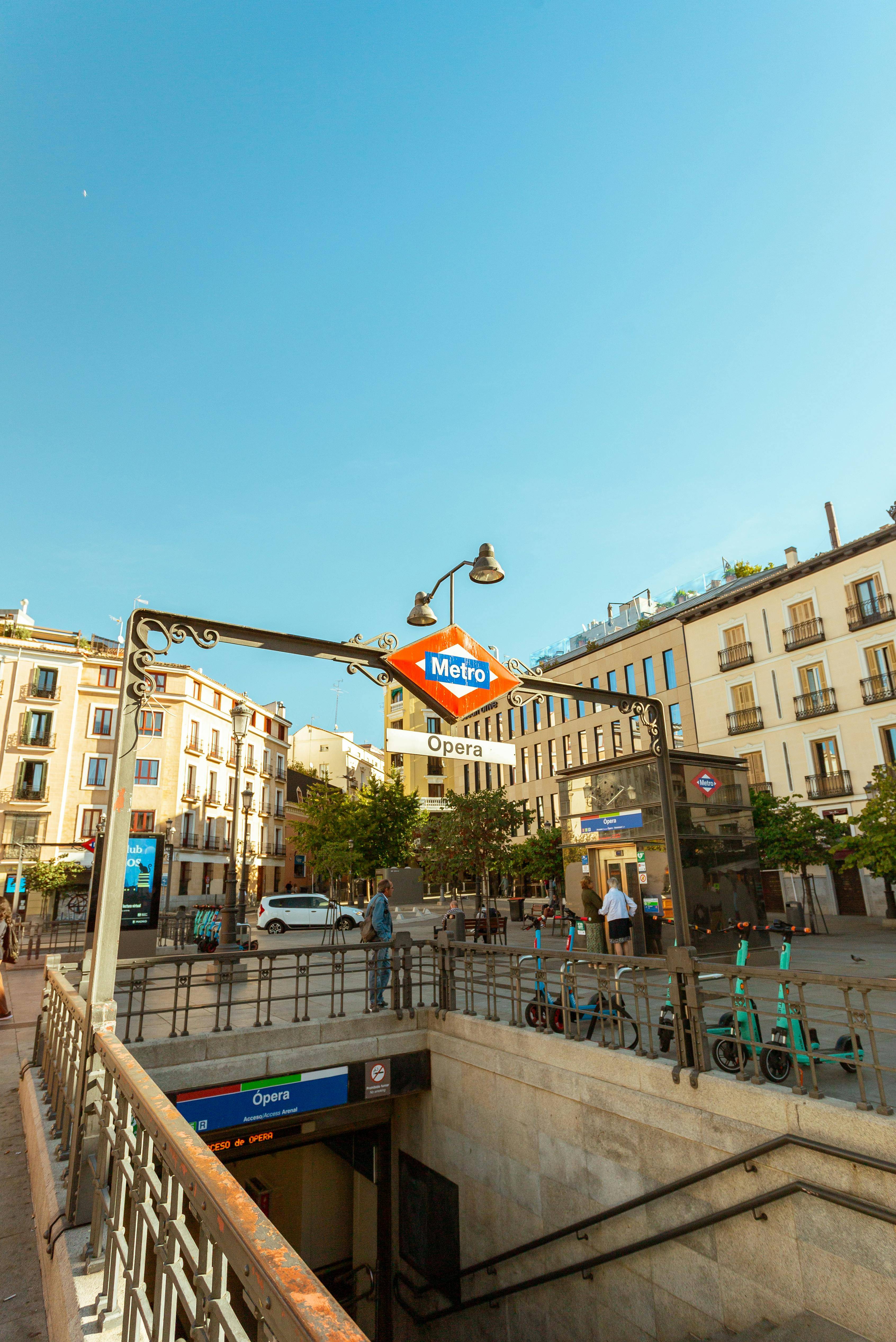
Young (< 26 years old): 10 €/month
Zone A normal (≥ 26 years): 32,70 €/month

100€/month

🎟️ Cinema ticket in Madrid: 9,5 €.
Spectator's Day (Wednesday): from €4.40 to €7.30, depending on the cinema.

2€